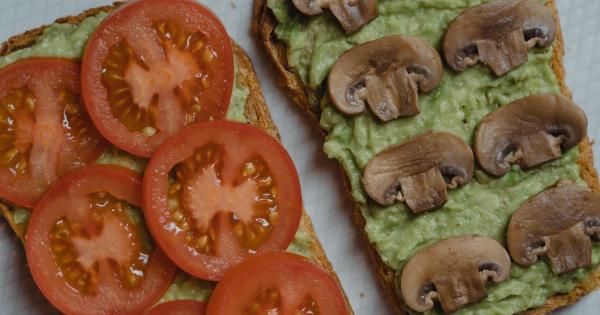Butter is a delicious and versatile food that has been enjoyed for centuries. It is a key ingredient in many recipes, from baked goods to savory dishes, and adds richness and flavor to everyday meals.
Despite its popularity, there has been much debate over the years about the impact of butter consumption on our health. In this article, we will explore the various health benefits and risks associated with butter consumption.
The Health Benefits of Butter
Butter is a source of several essential nutrients and has been linked to several health benefits.
Rich in Vitamins and Minerals
Butter is a good source of fat-soluble vitamins such as vitamins A, D, E, and K. These vitamins play an important role in maintaining healthy eyes, skin, and bones.
Butter also contains several important minerals such as calcium, phosphorus, and selenium.
Good for Brain Health
Butter is rich in a type of fatty acid called butyrate, which has been shown to have anti-inflammatory and protective effects on the brain.
Studies have shown that butyrate can improve cognitive function and reduce the risk of neurodegenerative diseases such as Alzheimer’s and Parkinson’s.
Supports a Healthy Digestive System
Butter contains a substance called conjugated linoleic acid (CLA), which has been shown to have anti-cancer properties and to help support a healthy digestive system.
The Risks of Butter Consumption
While butter has several health benefits, it is also a high-calorie food that is high in saturated fat, which can increase the risk of several health problems.
High in Saturated Fat
One of the main risks associated with butter consumption is its high saturated fat content. Saturated fat is a type of fat that has been linked to high cholesterol levels and an increased risk of heart disease.
Diets high in saturated fat can also increase the risk of type 2 diabetes, metabolic syndrome, and certain types of cancer.
High in Calories
Butter is a high-calorie food that can contribute to weight gain and obesity when consumed in excess. Being overweight or obese can increase the risk of several health problems, including heart disease, stroke, and type 2 diabetes.
May Contain Harmful Additives
Some butter products may contain added ingredients such as salt, sugar, or preservatives. These additives can be harmful to health when consumed in excess.
It is important to read food labels carefully and choose butter products that are free from harmful additives.
Tips for Healthy Butter Consumption
Butter can be a part of a healthy diet when consumed in moderation. Here are some tips for healthy butter consumption:.
Choose Quality Butter Products
Choose butter products that are made from grass-fed cows and are free from added ingredients. Grass-fed butter is higher in nutrients and healthier than butter made from grain-fed cows.
Use Butter Sparingly
Butter is a high-calorie food and should be consumed in moderation. Use it sparingly in cooking and baking, and consider using healthier alternatives such as olive oil or avocado oil.
Pair Butter with Healthy Ingredients
Pair butter with healthy ingredients such as whole grains, vegetables, and fruits to create balanced meals. Avoid pairing butter with high-calorie, unhealthy foods such as fried foods or processed snacks.
Conclusion
Butter is a delicious and versatile food that can be enjoyed as part of a healthy diet. While it is high in calories and saturated fat, it is also a good source of essential nutrients and has been linked to several health benefits.
By choosing quality butter products and using it sparingly, you can enjoy the taste and benefits of butter without compromising your health.




























